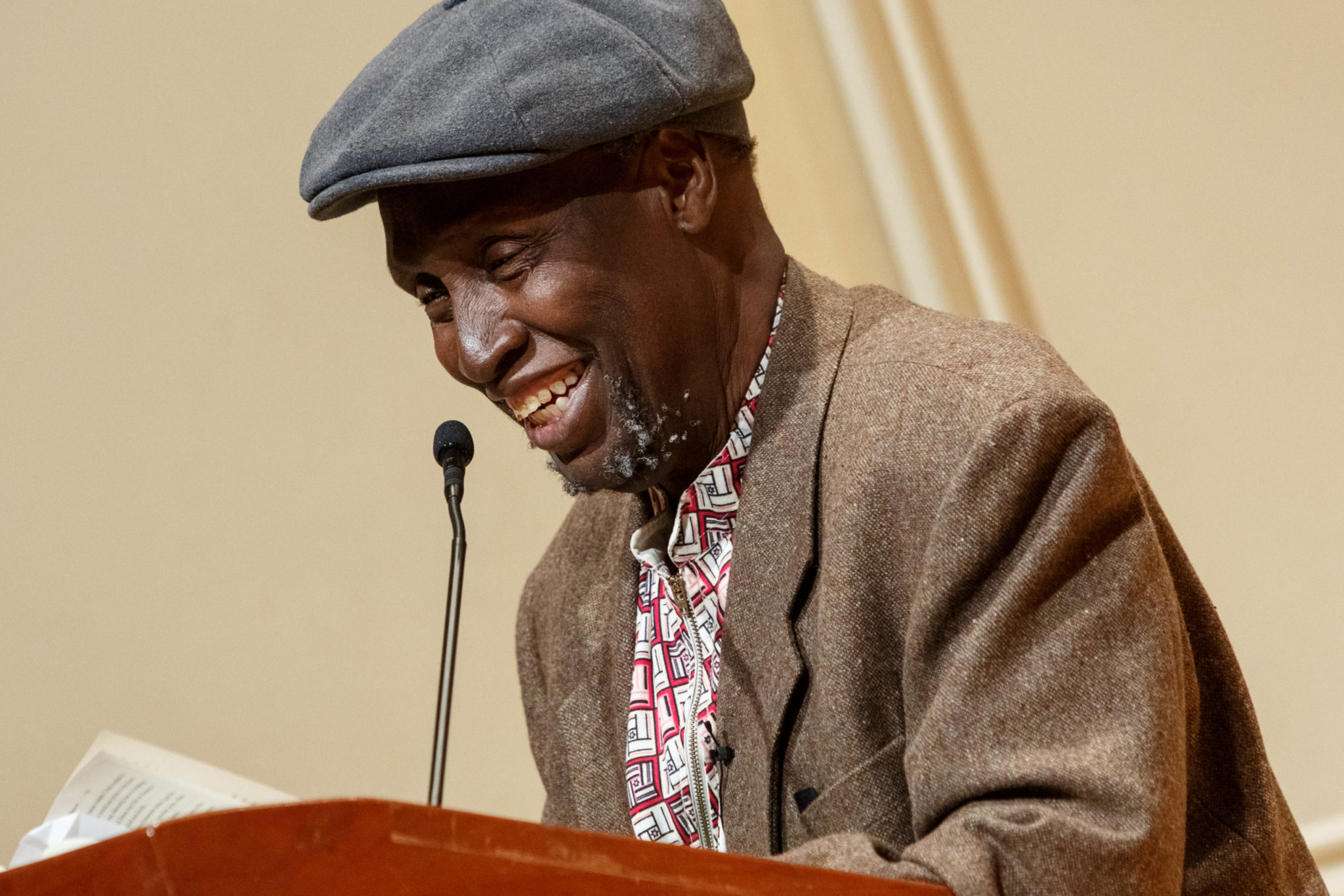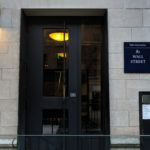
Wikimedia Commons
On Wednesday, the third installment of Yale’s African Writers in Conversation Series featured Ngũgĩ wa Thiong’o, Kenyan writer and professor of English & comparative literature at the University of California at Irvine, who gave a talk entitled, “Decolonizing the American University.”
The talk was moderated by English professor Stephanie Newell and Cirũ Wainaina GRD ’25. The African Writers in Conversation Series is the brainchild of Newell, who conceived the idea and pursued partners across campus to help realize it. The series is co-sponsored by the English department, the Yale MacMillan Center Council on African Studies, the Bele-Osagie Fund, Belonging at Yale and the Charles G. Trumbull Endowed Lectureship Fund. Last fall, the series featured South African journalist, film director and author Margie Orford and South African author and winner of the 2013 PEN International New Voices Award Masande Ntshanga.
“Our request comes at a time when Yale as an institution, and the departments that make it up, respond to violent white nationalism and racism in the USA with an intensification of our attention to the cultural histories and politics of our disciplines,” Newell wrote in a letter inviting Ngũgĩ to the Series in September.
Ngũgĩ’s work has had major influence in the literary arena both inside and outside of Kenya. In the 1970s, Ngũgĩ embarked on a new form of theater which sought to break down the barrier between writers and readers, and his work combated the view of theater being limited to a privileged elite. Ngũgĩ was imprisoned in Nairobi, Kenya in 1977 for his groundbreaking play “Ngaahika Ndeenda (I Will Marry When I Want),” which exposed and criticized injustices and inequality in Kenyan society. Over a year later, he was released from prison as an Amnesty International prisoner of conscience — those imprisoned for nonviolent expression of their beliefs — and left Kenya for the U.S., where he has taught literature at Yale, Northwestern University, New York University and now U.C. Irvine.
Ngũgĩ has made significant contributions to the discussion of the decolonization of education, making him the prime choice to speak on this issue, according to Newell.
“We believe there is no intellectual better positioned than you to comment on the pressing issue of decolonizing the American university, both from within, as an African professor with decades of experience living and working in America, including at Yale, and from without, as a postcolonial intellectual whose understanding of racism in the Global North has its roots in an understanding of colonial racism as it permeates literature, culture, and educational institutions,” Newell wrote in the letter to Ngũgĩ.
The U.S.’s colonial history has had lasting impacts in the modern era, and universities should seize the opportunity to address the issues resulting from this legacy, according to Ngũgĩ.
“America was a settler colony,” Ngũgĩ told the News. “With it came slavery and genocide. Modern America cannot escape from the marks of its past, unless they consciously confront that history. Universities can lead the way.”
Michael Cappello, chair of the Council on African Studies and co-director of the Yale Africa Initiative, agreed that the history of colonialism must be addressed today.
“I think that we’re still wrestling with the legacy of colonialism, and it’s not an issue that has been fully resolved,” Cappello said. “And the role of universities in that broader context of colonialism I think is something that deserves to be acknowledged and reconciled.”
A key takeaway of Ngũgĩ’s talk was the importance of Native American, African American and Euro-American cultures in the creation of America, and he pushed universities to reflect the importance of these cultures.
“American universities are already more diverse than most Western institutions. They need to build on that, and reflect America’s racial and cultural diversity, at all levels,” Ngũgĩ told the News.
According to Cappello, over 1,200 people registered for Ngũgĩ’s talk on Wednesday, which was delivered virtually over Zoom.
Grace Zhang | grace.y.zhang@yale.edu









